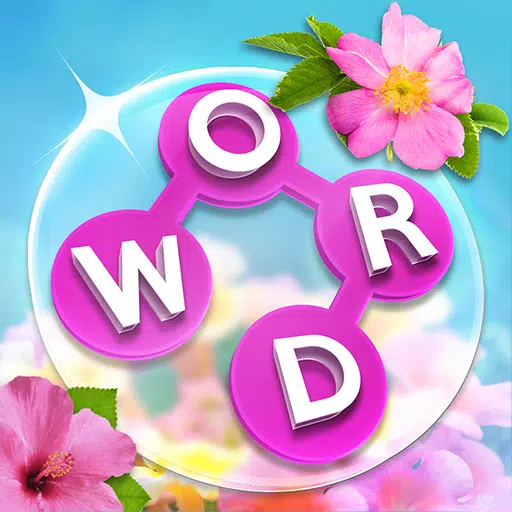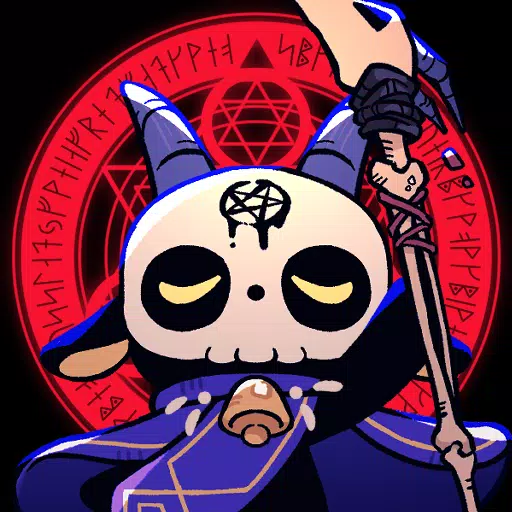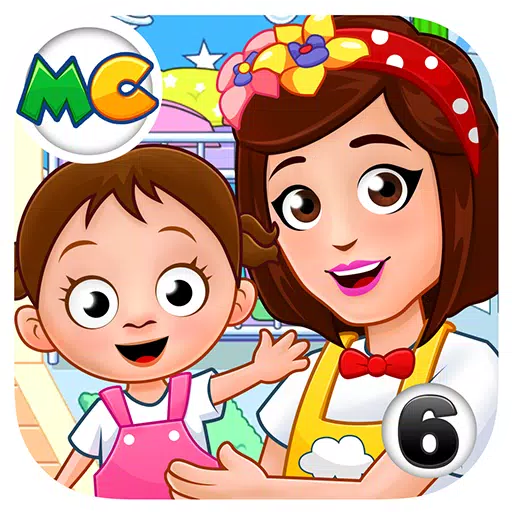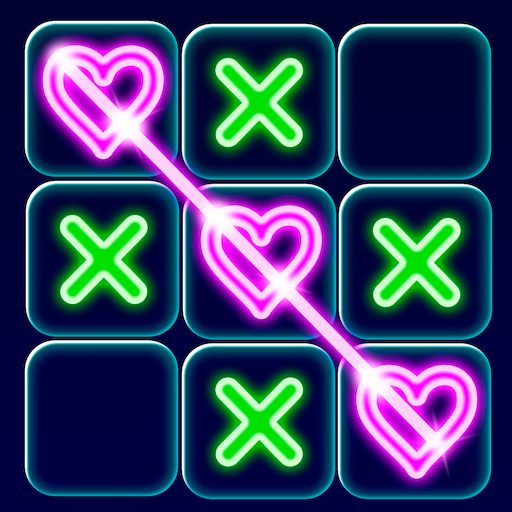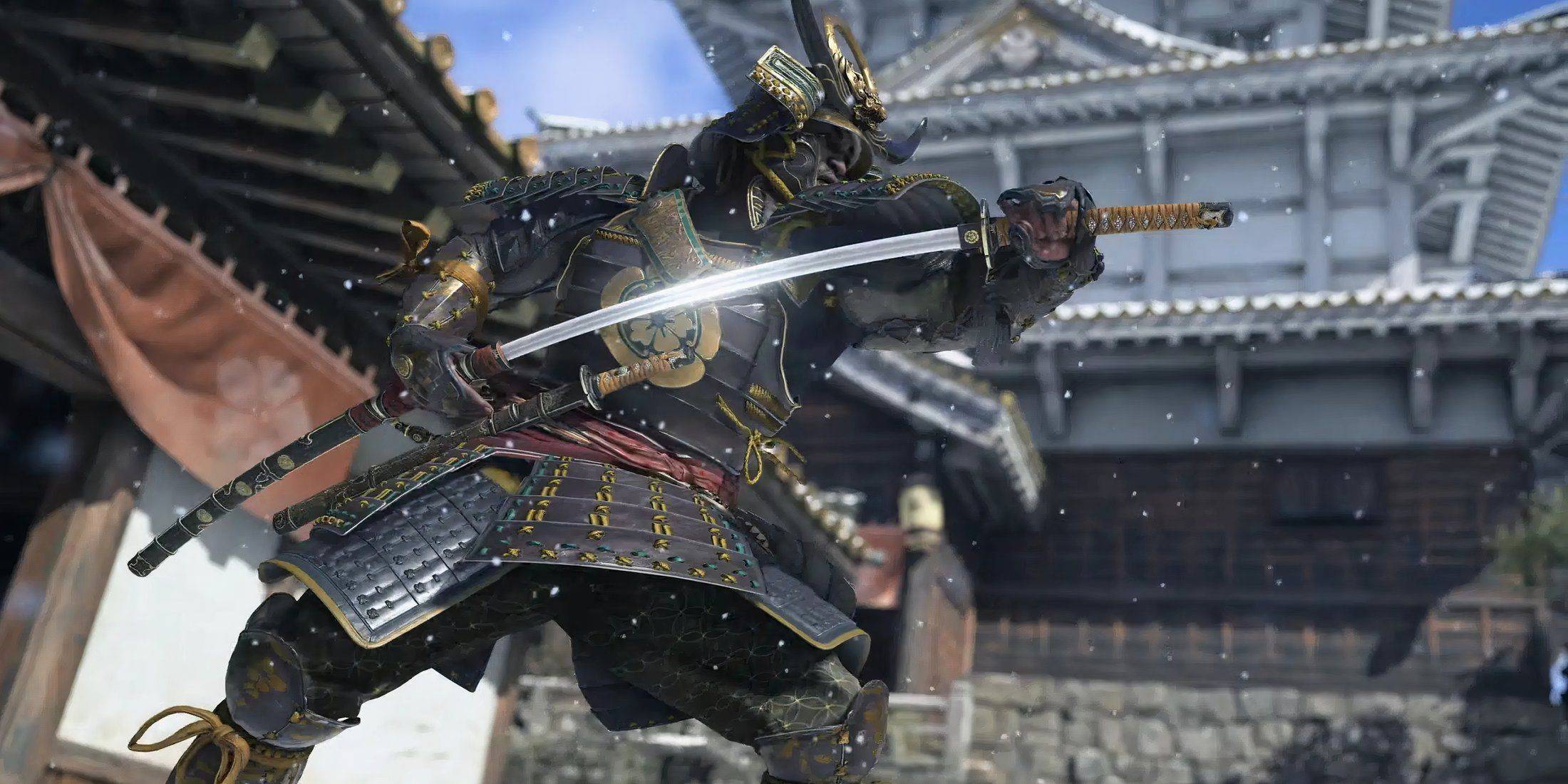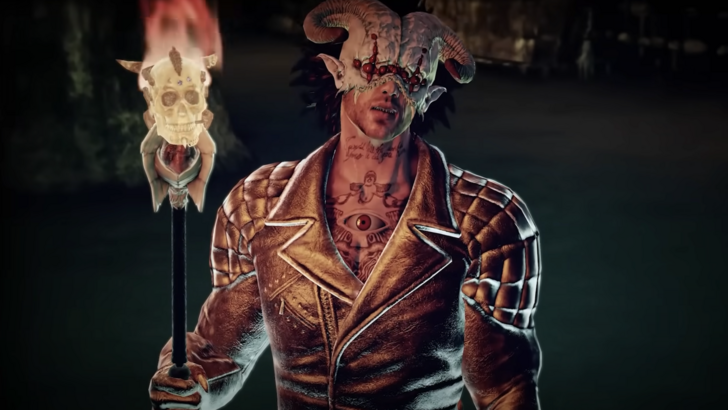 The upcoming October release of Shadows of the Damned: Hella Remastered has reignited criticism of Japan's CERO age rating system. The game's creators have voiced their strong disapproval of the censorship applied to the Japanese console version.
The upcoming October release of Shadows of the Damned: Hella Remastered has reignited criticism of Japan's CERO age rating system. The game's creators have voiced their strong disapproval of the censorship applied to the Japanese console version.
Suda51 and Shinji Mikami Condemn Censorship in Shadows of the Damned
CERO Faces Renewed Backlash
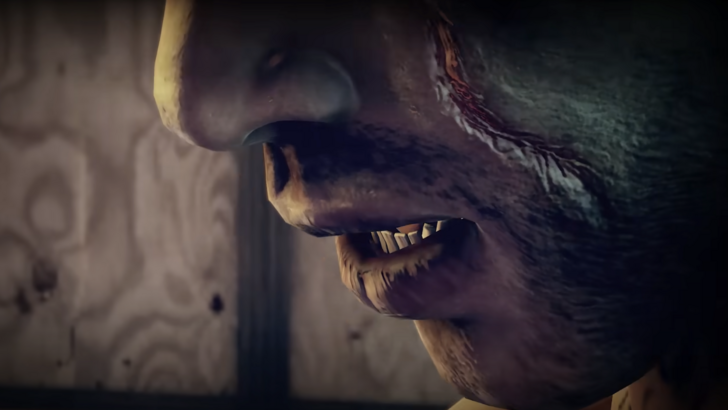 Suda51 and Shinji Mikami, the creative minds behind Shadows of the Damned, have publicly criticized Japan's CERO rating board for the censorship imposed on the remastered edition. In an interview with GameSpark, they openly questioned the rationale behind the restrictions.
Suda51 and Shinji Mikami, the creative minds behind Shadows of the Damned, have publicly criticized Japan's CERO rating board for the censorship imposed on the remastered edition. In an interview with GameSpark, they openly questioned the rationale behind the restrictions.
Suda51, renowned for Killer7 and the No More Heroes series, confirmed the necessity of creating two versions of the game—a censored version for Japanese consoles and an uncensored one. He highlighted the significant increase in workload and development time this entailed.
Mikami, celebrated for his work on mature titles like Resident Evil, Dino Crisis, and God Hand, expressed his disappointment, suggesting CERO is out of sync with modern gamers. He argued that non-gamers imposing censorship prevents players from fully experiencing games, even those who actively seek out mature content.
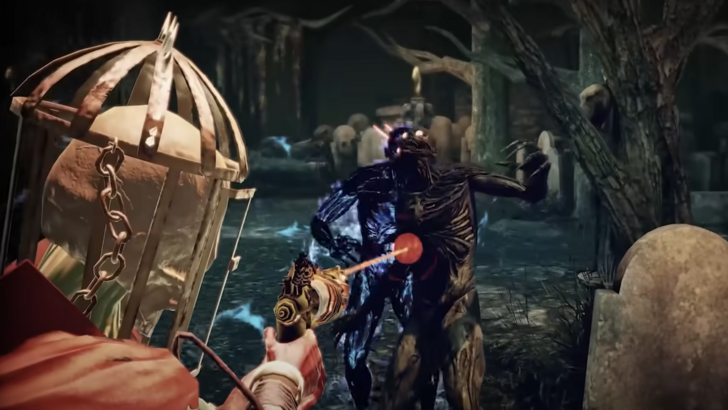 CERO's rating system, including categories like CERO D (17+) and CERO Z (18+), has been a point of contention. Mikami's original Resident Evil, a groundbreaking horror title, featured graphic violence. Its 2015 remake, retaining this signature gore, received a CERO Z rating.
CERO's rating system, including categories like CERO D (17+) and CERO Z (18+), has been a point of contention. Mikami's original Resident Evil, a groundbreaking horror title, featured graphic violence. Its 2015 remake, retaining this signature gore, received a CERO Z rating.
Suda51 questioned the effectiveness and target audience of these restrictions, emphasizing his uncertainty about the impact on players and the underlying purpose of the censorship.
This isn't the first instance of CERO facing criticism. In April, EA Japan's Shaun Noguchi highlighted inconsistencies, citing the approval of Stellar Blade (CERO D) while rejecting Dead Space. This incident further underscores the ongoing debate surrounding CERO's rating practices and their impact on the Japanese gaming market.
 Home
Home  Navigation
Navigation






 Latest Articles
Latest Articles
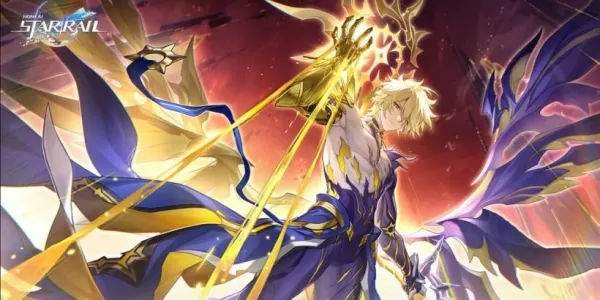

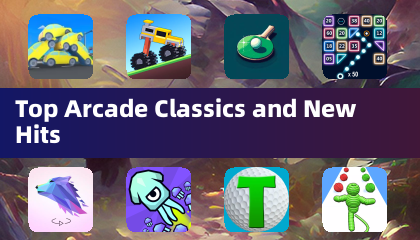



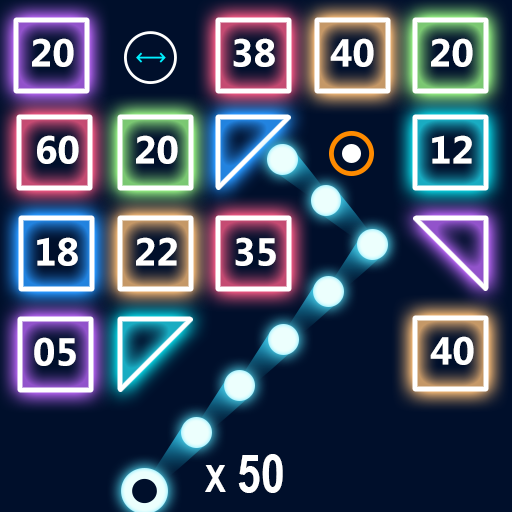
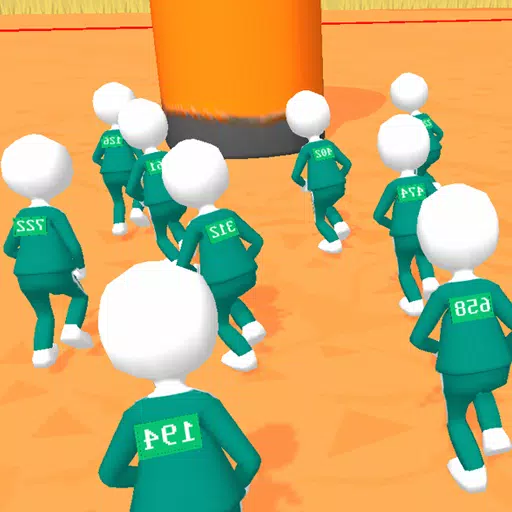


 Latest Games
Latest Games

